Quality Education

Home » Quality Education » SDG 4- Rowad: Educating to Reduce Inequality, Promote Diversity and Drive Social Cohesion
SDG 4- Rowad - Educating to Reduce Inequality, Promote Diversity and Drive Social Cohesion
The Rowad program, offered by the Council for Higher Education, funded by the Planning and Budget Committee, and operated by Aluma, supports access to higher education for young adults in Israel’s Arab, Druze, Circassian and Bedouin communities. We are pleased to have both Rowad and Aluma on our “Israel’s Social Impact Ecosystem Map”.
The Rowad Program
Rowad was founded on the belief that higher education is the route to self-improvement, opportunity, and an enhanced sense of socio-economic connection with the state and with society in general. The program offers young adults from Arab communities, and their families, information about potential career paths, greater awareness of the benefits higher education brings for individuals, and assistance in gaining entry to courses. It helps people determine the right path for them and get on that path to success.
The UN describes education as a ‘fundamental human right and an enabling right’. If we want equality in society, it must start with education. Access to learning and training opens new opportunities for individuals, widens the talent pool for organizations and businesses, and helps bring society together through shared experiences.
Rowad supports two of the UN Sustainable Development Goals (SDG). SDG4 is a commitment to ‘ensure inclusive and equitable quality education and promote lifelong learning opportunities for all’. And SDG 10 : promises to ‘reduce inequality within and among countries’.
The Challenge
The majority of Jewish students in Israel are given career advice throughout their academic career. They then go on to a year of voluntary work or enrichment. After this year of personal growth, most enlist in the army or begin national service. These experiences help them gain life skills and encourage them to discover how they might impact on and contribute to wider society. Only then do they enrol in higher education.
The outlook is different for Arab students. High schools dropout rates are higher than those of Jewish students, few experience life in national service years or at the military and, traditionally, most have not even contemplated higher education. Just 15.3% of Arab students go onto higher education. Rowad is changing that.
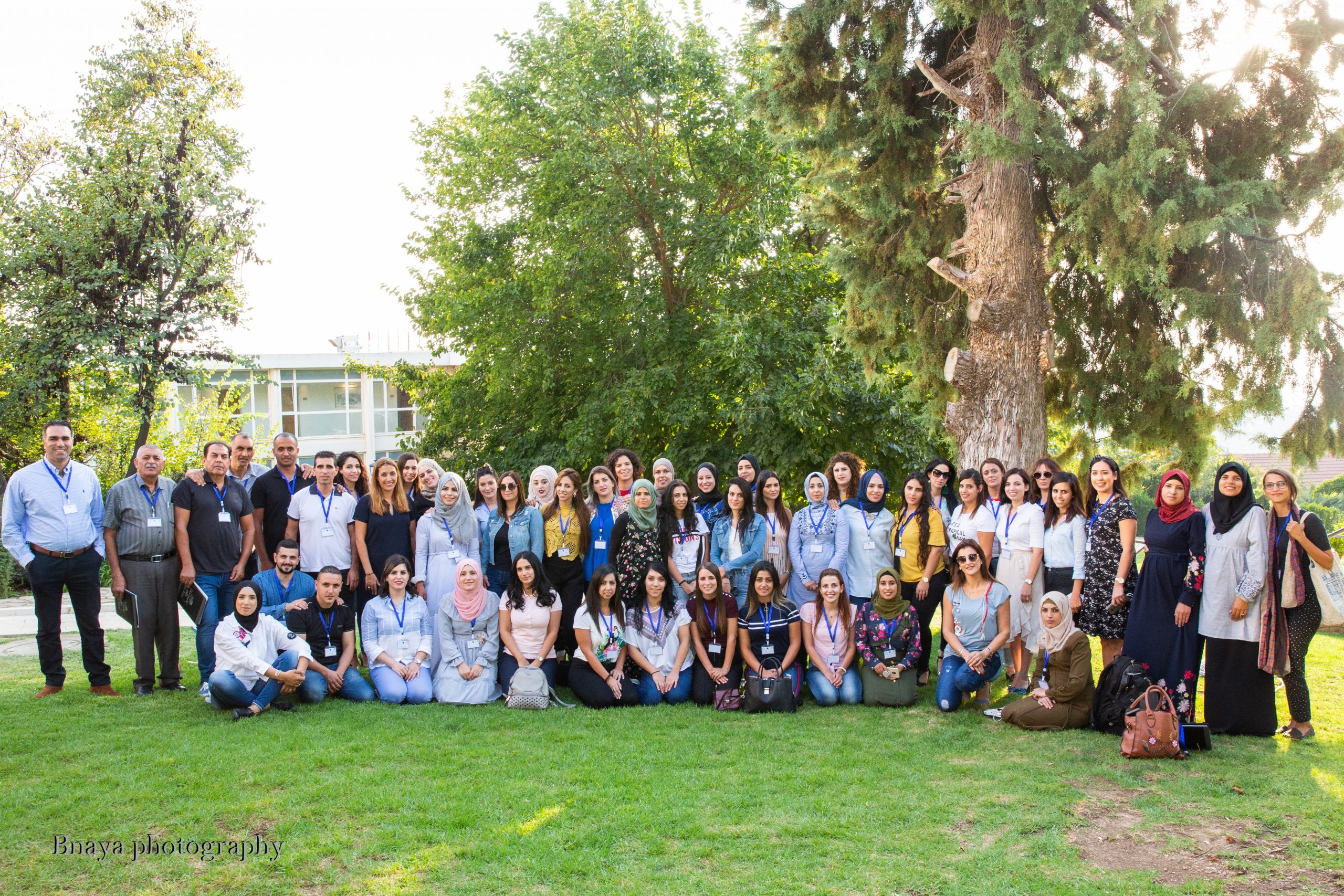

Rowad – Educating on Education
Rowad is tackling educational inequality by providing information and practical advice to Arab youngsters in Israel. The first challenge for Rowad is gaining the trust of Arab communities in Israel. This is achieved by recruiting from within communities. Trust requires familiarity on one side and in-depth knowledge of how communities work on the other. The role of Rowad workers is to help each young adult discern where the passions and talents lie. They don’t tell people what to do, they simply encourage Arab students to think more broadly, to dream and to have belief in themselves and in the education system.
When the UN describes education as a ‘fundamental human right ‘ it is talking about more than simply being given a place in school. It is telling the world that every individual deserves the right to personal, social, and economic mobility. When the UN says education is ‘an enabler’ it is describing how the opportunity to learn and grow allows every individual the chance to thrive and make a positive contribution to society. It is in this spirit that Rowad is operating. Therefor arab students who find higher education is the right route for them are given help to understand what courses are available, where they may lead and what the entry requirements are. They are then supported to achieve their ambitions.
Rowad gives opportunity where previously there was none.
Since its inception, Rowad has helped more than 50,000 young adults to gain access to higher education. It has hosted 1700 events across 73 participating municipalities that have attracted more than 64,000 participants. And 13,500 students have had the benefit of individual consultations to help them determine what their future looks like.
Watch this video to hear personal stories of Rowad graduates:
Related articles
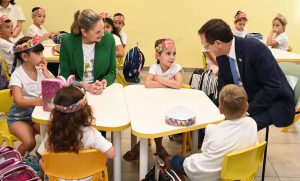

SDG 4 – School’s In
Quality Education SDG 4 – School’s In It’s that time of year again: first graders eager to start school; parents exhausted from the summer vacation;
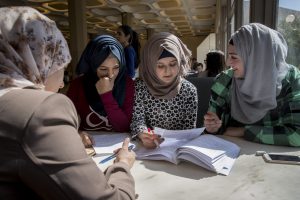

SDG 4-Minority Integration in Higher Education
Quality Education SDG 4- Minority Integration in Higher Education Resumption of Israel’s higher education academic year in late October provides an opportunity to examine how
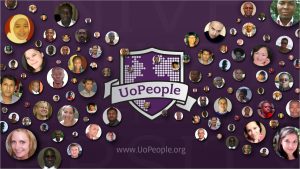

SDG 4- Revolutionizing Education with University of the People
Quality Education SDG 4- Revolutionizing Education with University of the People Nelson Mandela once said, “Education is the most powerful weapon which you can use


















